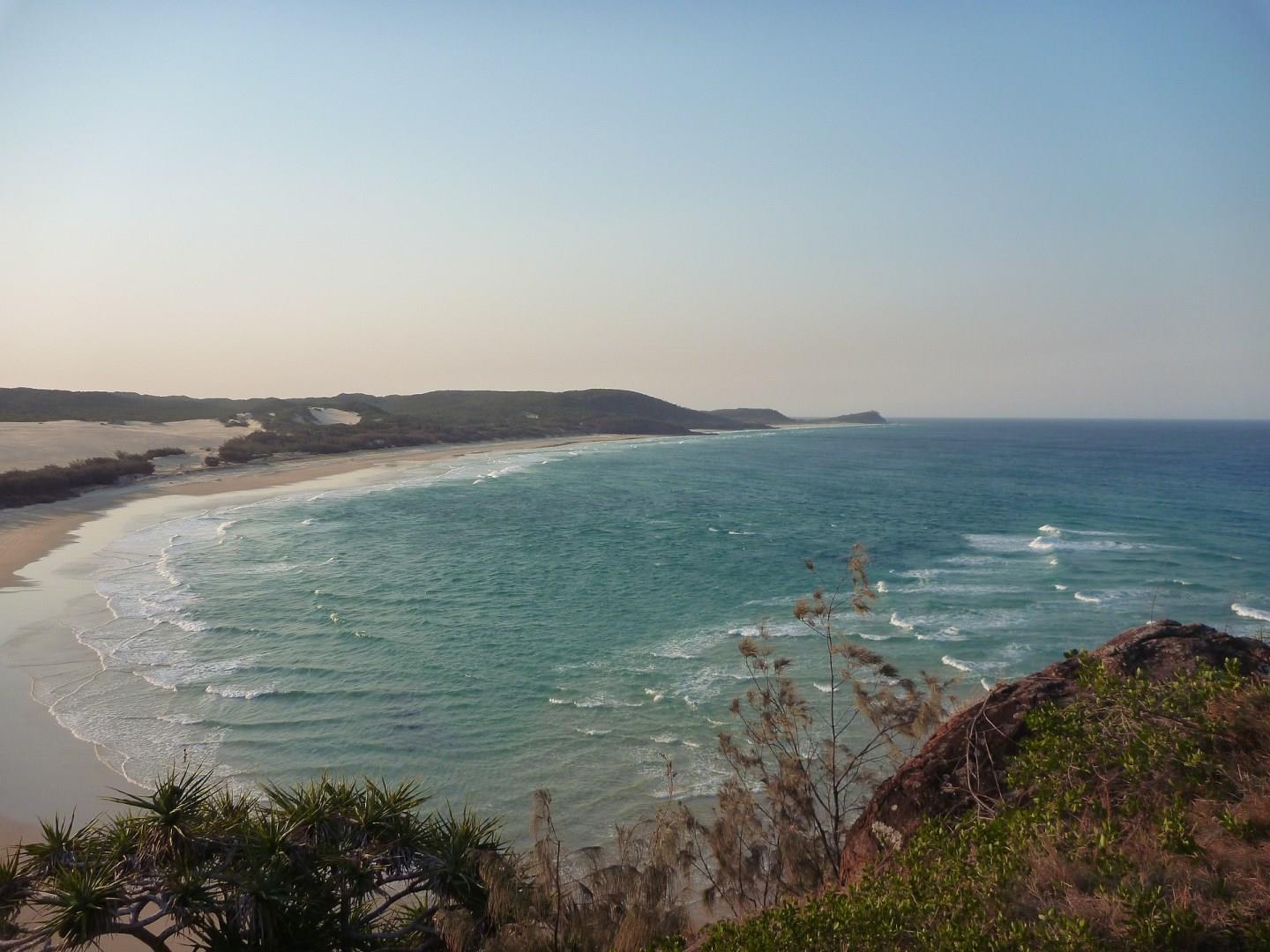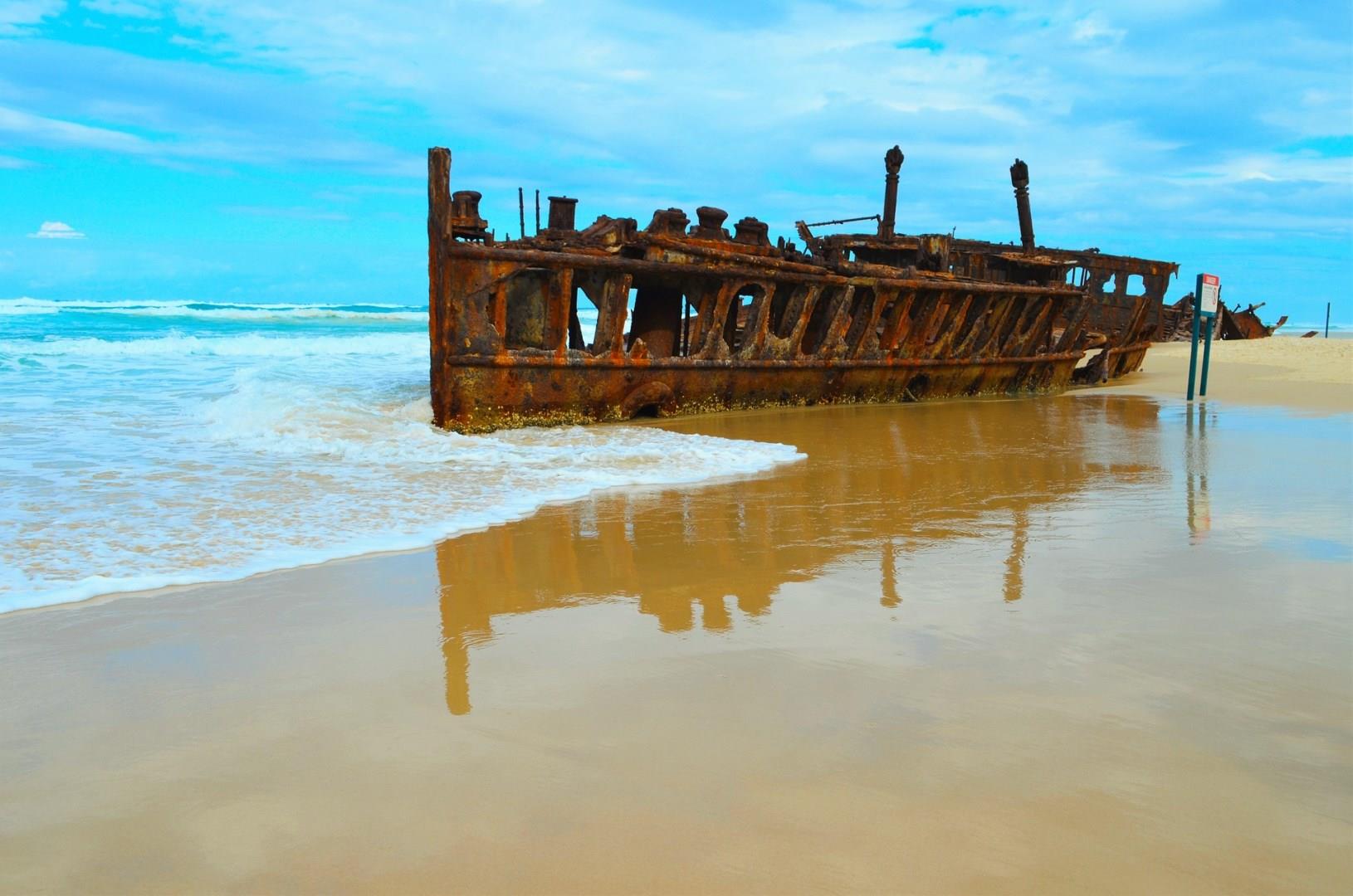
owlgiveahoottravel@gmail.com
631-745-4103
Owl Give a Hoot Travel

owlgiveahoottravel@gmail.com
631-745-4103
Owl Give a Hoot Travel







Fraser Island, or K’gari as it is known to its Traditional Owners, the Butchulla people, is a gem off the coast of Queensland, Australia. The world's largest sand island, stretching over 120 kilometers, is a place where nature dazzles and adventure beckons. Renowned for its unique ecosystems, Fraser Island offers a diverse landscape of lush rainforests growing on sand, crystal-clear freshwater lakes, and expansive sand dunes. One of the island's most famous spots, Lake McKenzie, is a perched lake filled only with rainwater and surrounded by pure white silica sand, offering a pristine setting for swimming and relaxation.
Fraser Island is a haven for wildlife enthusiasts, boasting more than 350 species of birds and the purest strain of dingo found in Australia. The island's vibrant flora and fauna make it a UNESCO World Heritage-listed site. A must-see is the Maheno Shipwreck, a rusted relic lying on the island's eastern beach, where waves crash dramatically against its skeletal remains. The ship's story, from luxury ocean liner to wartime hospital ship to a picturesque ruin, adds a layer of historical intrigue to Fraser Island's natural beauty.
Adventure seekers will find a playground of opportunities here. The island is famous for its off-road driving experiences along 75 Mile Beach, a stretch of sand that doubles as a highway and landing strip for scenic flights. As you traverse the beach, be sure to stop at Eli Creek, where you can float down a gentle freshwater stream, or explore the Champagne Pools, natural rock pools bubbling like a Jacuzzi when waves crash over them. For hikers, the Fraser Island Great Walk offers a multi-day trek through dense rainforests, coastal heathlands, and past ancient sand dunes, providing a deeper connection to the island's incredible landscapes.
Fun fact: Fraser Island is home to the world’s only sand-based rainforest, where giant satinay and brush box trees tower over 200 feet high. The island’s diverse ecosystems and rich indigenous history make it a unique destination that offers both serenity and adventure. The best time to visit is from May to September when the weather is cooler and drier, providing the perfect conditions for exploring all that this natural wonderland has to offer.